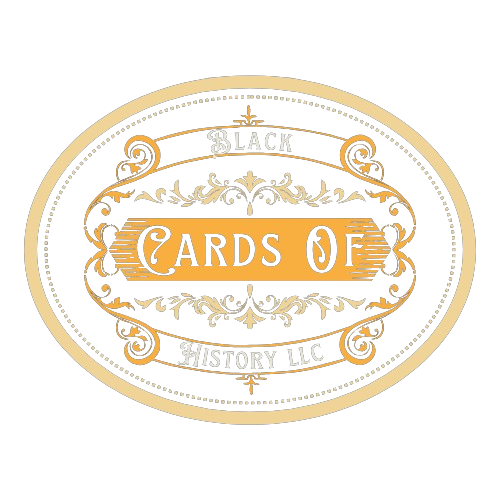💃🏽 When Rhythm Meets Respect
Rise Beyond Legacy x My Hero Academia Final Season
By Sterling, Founder of Black Cards Of History LLC
Character Focus: Mina Ashido — 9/10
Dancing Through Black History with Heart, Humility, and High Energy
When I sat down to imagine how each U.A. student would respond to Black History Month, Mina Ashido was one of the first characters I smiled at. I mean, let’s be honest — she is the life of the party. But what sets her apart isn’t just her energy. It’s her spirit of inclusion, curiosity, and a genuine love for learning through community.
Mina’s the kind of person who doesn’t just show up — she shows out, but always with others in mind. She's the one making sure no one's left out, and she doesn't just want you to have fun — she wants you to feel seen. That’s why, out of all the characters in My Hero Academia, I feel Mina might be one of the most authentic and effective allies during a Black History Month celebration.
Joy as a Political Force
Let’s unpack that for a second: joy as a political force.
Too often, Black history is framed only through the lens of trauma and pain — and while those elements are real and cannot be erased, Black history is also rhythm, laughter, flavor, invention, and movement.
Mina instinctively understands this. Her approach to celebrating Black history wouldn’t be performative or box-checking. She’d find ways to educate through elevation — showing people how to feel Black history through the beat of a drum, the sway of a dance, and the togetherness of a shared moment.
The Cultural Dance-Off: Her Signature Event
If U.A. High allowed the students to create their own Black History Month activities, Mina would absolutely organize a “Cultural Dance-Off.”
This wouldn’t be some shallow TikTok challenge. No — Mina would go all in. She’d bring in lessons on the African roots of rhythm, the evolution of jazz dance during the Harlem Renaissance, the resistance embedded in step routines, and the raw power of hip-hop as a voice for the voiceless.
Students from all classes would be invited to learn the history behind each style before hitting the dance floor.
It would be joyful, yes — but also reverent. Because that's the thing about Mina: she knows how to have fun without mocking the source.
The YouTube Assignment: “Learning Black History Through Dance”
Let’s talk content. If the students were assigned a YouTube project on Black History Month, Mina’s video would be the one that goes viral — and deserves to.
Titled “Learning Black History Through Dance,” Mina’s video would be an explosion of color, movement, and truth.
Picture her trying out different styles:
- Jazz: with nods to Josephine Baker and Katherine Dunham, while explaining how dance offered Black performers economic opportunities in the face of segregation.
- Step: taught to her by someone from a fictional U.A. Alpha Kappa Alpha–inspired sorority, where Mina explains the deep fraternity and solidarity in the movements.
- Breakdancing: rooted in the Bronx, connecting to economic disenfranchisement and creative expression in underserved Black and Latinx communities.
She wouldn’t just “hit the moves.” She’d research the why. And in between spins and smiles, she’d be giving viewers a full-on education. This is the kind of content that could sit on PBS just as easily as it could thrive on YouTube Shorts.
The Economics of Art and Expression
Here’s where I give Mina her full flowers: she wouldn’t just dance for the camera — she’d highlight how Black dance has been monetized, borrowed, and sometimes outright stolen without credit or compensation.
And that’s where the connection to economic justice comes in.
Dance isn’t just an art form — it’s a career, a business, a livelihood. From Alvin Ailey’s pioneering dance company to the creators of TikTok trends who often get overshadowed by others, there’s a constant fight to own, protect, and profit from Black creativity.
Mina would use her platform to name those injustices, not out of obligation, but because she cares. Her deep sense of fairness wouldn’t allow her to ignore that conversation.
The Humble Heroine
What I appreciate most about Mina — and why she gets a solid 9/10 — is her humility. She’s loud, sure, but not self-centered. She asks questions. She seeks input. And she’s not afraid to say, “I didn’t know that, but I want to learn.”
That right there? That’s the foundation of allyship. Not perfection. Not performative guilt. Just presence, participation, and progress.
Final Thoughts: Mina Ashido — The Connector We Need
Mina represents what I hope to see in both fans of anime and students of Black history: a willingness to dance, to listen, and to grow. She reminds us that celebration can be education, and that Black history doesn’t have to be somber to be sacred.
Through joy, movement, and human connection, Mina would honor Black excellence not just with words — but with rhythm.

